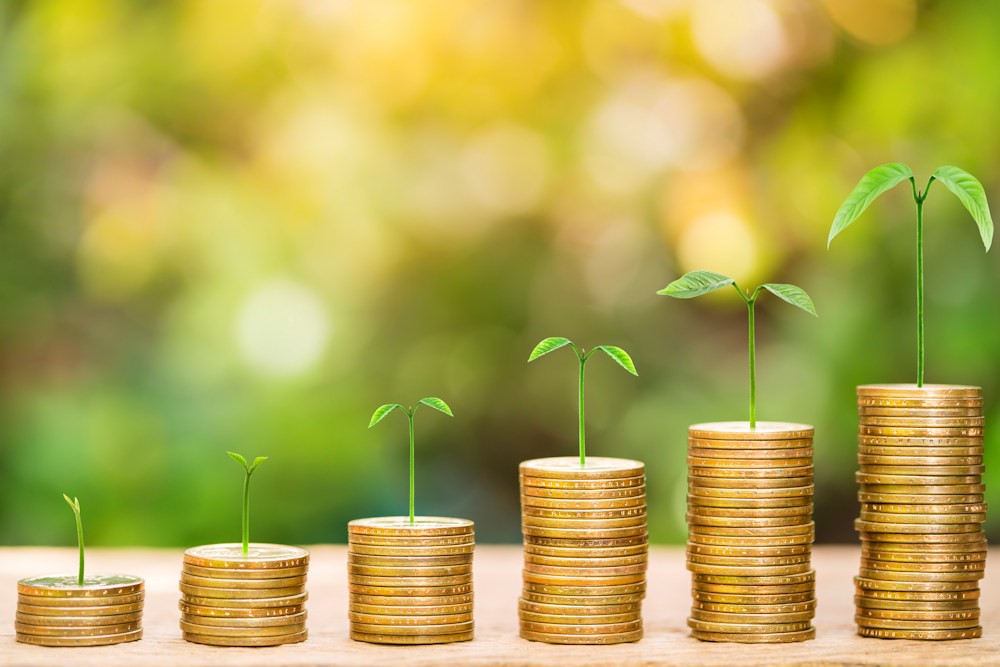Sustainable accounting for the future
By Matt Gorrie - Posted on 7 October 2021
As COP26 nears, accounting and finance lecturer Matt Gorrie takes a look at how sustainability and ethics fit into the teaching of these subjects.
The 2021 United Nations Climate Change Conference, or COP26 as it is known for short, is one of the biggest events to hit Glasgow in recent years. While Strathclyde has long been known for its innovations and work in renewable energy, this upcoming conference has nevertheless been focusing our minds more keenly on how sustainability fits into our current syllabus.
Our accounting course requires students to take a core module on ethics and governance. This covers not only technical aspects of company law, but also sustainability, requiring students – and their tutors – to consider the vital question of what sustainability actually means from an accounting perspective.
Early in the course, students are introduced to the primary piece of UK legislation that governs the way in which companies run: the Companies Act 2006, which requires company managers and directors to “promote the long-term success” of the companies they run. Based on this, much of the discussion in the module involves encouraging students to think about what these long-term interests entail – and this naturally leads to considerations about how a company can make itself more sustainable.
From an accounting perspective, the concept of sustainability on a basic level therefore refers to simply a company’s ability to continue over the long term. While students quickly realise that a company needs to be profitable in order to achieve long-term success, a large part of the discussion on what sustainability means is devoted to thinking about other core characteristics a company needs to demonstrate in order to achieve longevity successfully.
One significant aspect of this relates to environmental considerations: students are quick to learn that any company which relies on polluting and irreplaceable extraction of the earth’s natural resources is unlikely to face a bright long-term future. In my classes specifically, students have expressed to me their concern that, as our largest international companies become increasingly powerful, there is the looming potential for a single company to create long-term ecological damage on a global scale. Perhaps for the first time in history we are faced with a situation in which individual companies are large enough in scale to have an influence beyond that of nation states.
A further element of sustainability is that of people. The impact of Brexit and COVID in the UK over the last few months has shown us what significant impacts a lack of staff and, in particular, trained staff can have on the supply chain and economic infrastructure of a company. That is why it is vital that any company or organisation ensures it is providing opportunities to train and develop staff for the challenges the future will bring.
The question of people resources also ties in heavily to ecological and environmental sustainability. Over the coming weeks, COP26 will see world leaders, business leaders and global influencers discuss a range of technological solutions to the climate change crisis – but without engineers, designers and businesspeople being trained to actually implement these solutions, they will not be able to have the impact they hope to achieve.
That is why it is so heartening to see that Strathclyde will host the Conference of Youth in the run-up to COP26, demonstrating the university’s acknowledgement that investment in our young people is one of the cornerstones to finding a way out of the current crisis.
During my teaching of accounting ethics, it has been incredibly gratifying to see the accountants and business leaders of tomorrow grasp the concept of business sustainability. At the heart of any truly successful business remains the core idea that a business does not exist in a vacuum but both influences and is influenced by its environment. From this point of view, I truly appreciate the fact that the accountancy programme at Strathclyde gives me the space to discuss and develop these ideas with students. Ultimately, a successful accountant is one who understands the many facets of business sustainability.










